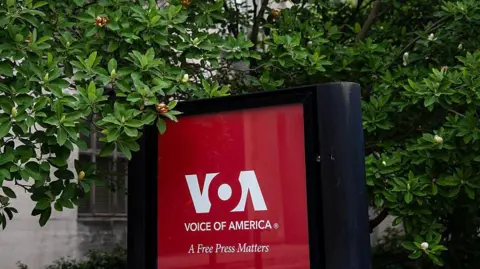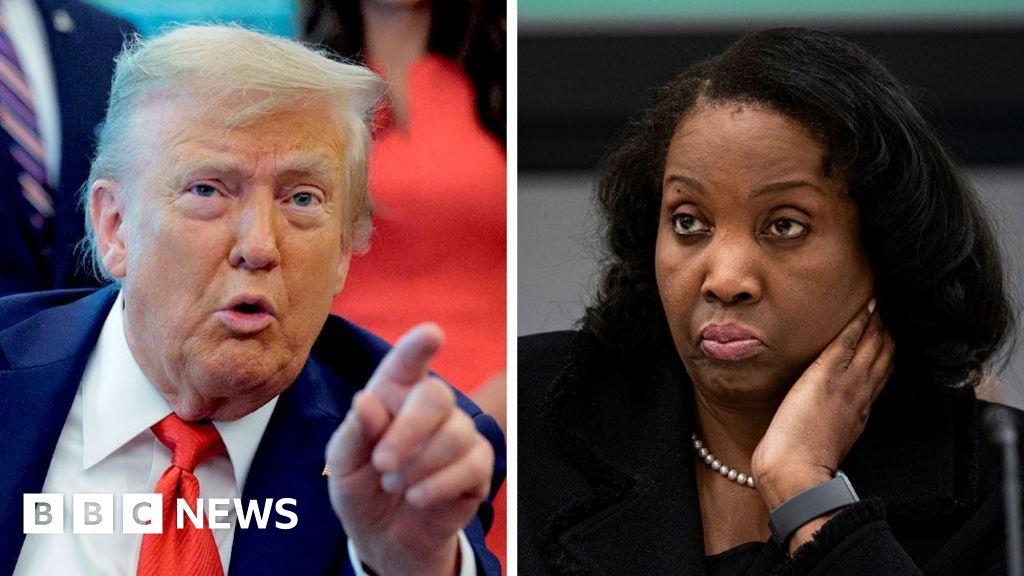The growing tension between technology and traditional media is highlighted by a lawsuit filed by a coalition of Canada's leading news organizations against OpenAI, the creator of the AI chatbot ChatGPT. This unprecedented legal challenge seeks to address allegations of unauthorized use of journalistic content for training AI models.
The coalition includes major outlets like the Toronto Star, Postmedia, and The Canadian Press, which claim that OpenAI has utilized their articles without permission, thereby violating copyright laws and undermining the public interest in journalism. In a joint statement, they emphasized the ethical implications of such actions, stating, “Journalism is in the public interest. OpenAI using other companies’ journalism for their own commercial gain is not. It’s illegal.”
OpenAI, on the other hand, defends its practices by asserting that its models are built using publicly available data within a framework consistent with fair use policies. The company maintains that it collaborates with news publishers, allowing for proper attribution and providing options for content opt-out. However, the Canadian media coalition's lawsuit, comprising 84 pages, details claims that OpenAI disregards crucial safeguards like paywalls and copyright disclaimers designed to protect intellectual property.
The coalition is seeking punitive damages amounting to C$20,000 ($14,300; £11,000) for each article allegedly used without permission, a sum that could total billions of dollars. They are also requesting profit-sharing from OpenAI for the usage of their articles and an injunction to prevent future unauthorized use.
This legal move echoes similar lawsuits in the United States, where various publishers, including The New York Times, have taken action against OpenAI for copyright infringements. Such challenges underline the mounting concerns surrounding the interplay of artificial intelligence and established media, influencing not only legal ramifications but also the broader dynamics of content creation and distribution.
As this case unfolds, the outcome could significantly impact the relationship between AI firms and news organizations, shaping the future landscape of journalism and technology.
The coalition includes major outlets like the Toronto Star, Postmedia, and The Canadian Press, which claim that OpenAI has utilized their articles without permission, thereby violating copyright laws and undermining the public interest in journalism. In a joint statement, they emphasized the ethical implications of such actions, stating, “Journalism is in the public interest. OpenAI using other companies’ journalism for their own commercial gain is not. It’s illegal.”
OpenAI, on the other hand, defends its practices by asserting that its models are built using publicly available data within a framework consistent with fair use policies. The company maintains that it collaborates with news publishers, allowing for proper attribution and providing options for content opt-out. However, the Canadian media coalition's lawsuit, comprising 84 pages, details claims that OpenAI disregards crucial safeguards like paywalls and copyright disclaimers designed to protect intellectual property.
The coalition is seeking punitive damages amounting to C$20,000 ($14,300; £11,000) for each article allegedly used without permission, a sum that could total billions of dollars. They are also requesting profit-sharing from OpenAI for the usage of their articles and an injunction to prevent future unauthorized use.
This legal move echoes similar lawsuits in the United States, where various publishers, including The New York Times, have taken action against OpenAI for copyright infringements. Such challenges underline the mounting concerns surrounding the interplay of artificial intelligence and established media, influencing not only legal ramifications but also the broader dynamics of content creation and distribution.
As this case unfolds, the outcome could significantly impact the relationship between AI firms and news organizations, shaping the future landscape of journalism and technology.






















